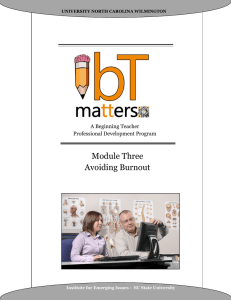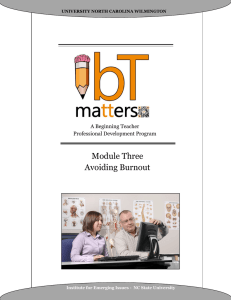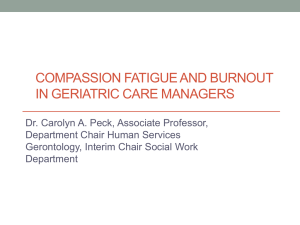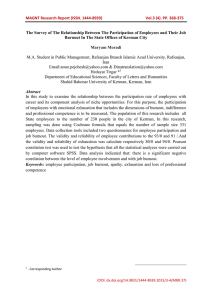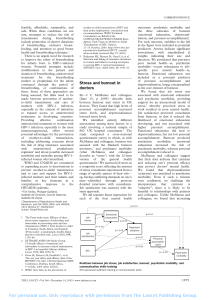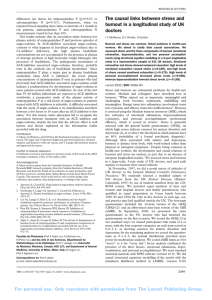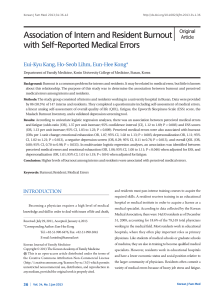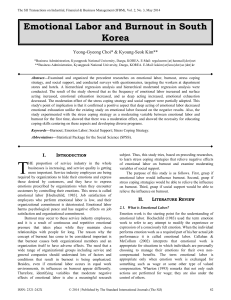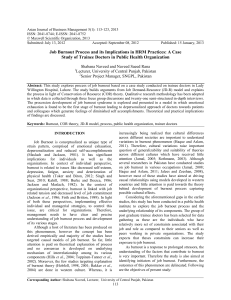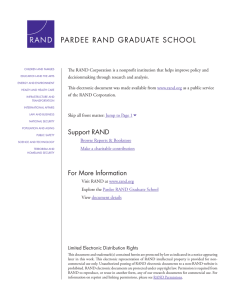Burnout Definition
advertisement
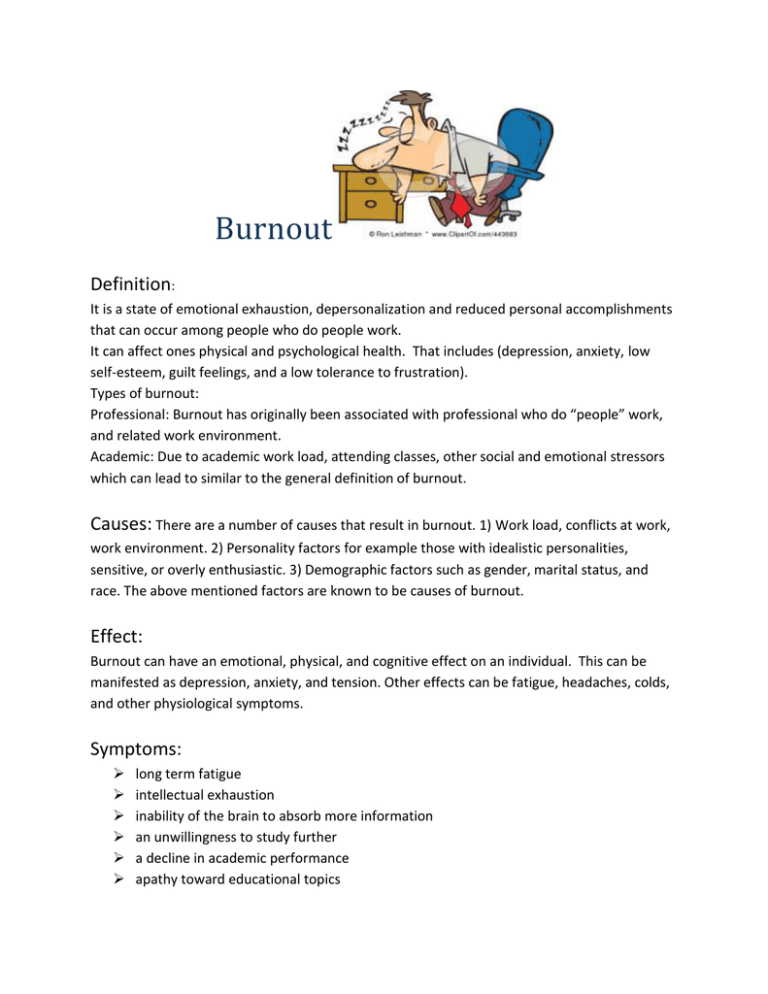
Burnout Definition: It is a state of emotional exhaustion, depersonalization and reduced personal accomplishments that can occur among people who do people work. It can affect ones physical and psychological health. That includes (depression, anxiety, low self-esteem, guilt feelings, and a low tolerance to frustration). Types of burnout: Professional: Burnout has originally been associated with professional who do “people” work, and related work environment. Academic: Due to academic work load, attending classes, other social and emotional stressors which can lead to similar to the general definition of burnout. Causes: There are a number of causes that result in burnout. 1) Work load, conflicts at work, work environment. 2) Personality factors for example those with idealistic personalities, sensitive, or overly enthusiastic. 3) Demographic factors such as gender, marital status, and race. The above mentioned factors are known to be causes of burnout. Effect: Burnout can have an emotional, physical, and cognitive effect on an individual. This can be manifested as depression, anxiety, and tension. Other effects can be fatigue, headaches, colds, and other physiological symptoms. Symptoms: long term fatigue intellectual exhaustion inability of the brain to absorb more information an unwillingness to study further a decline in academic performance apathy toward educational topics How to manage burnout? Track down your activities and identify what are some things that are stressful or cause stress. Although burnout is inevitable it can be avoided or managed. Do something you love such as going to a movie, or a play, favorite restaurant, exercise, art, playing music, being with yourself, or others. Other methods would be engaging in regular exercise regularly, eat healthy, sleep well (between 7-9 hours), and drink water. As far as relationships are concerned avoid the toxic ones and enrich the good ones. For further reading http://com.msu.edu/Students/Academic_Guidance/stress_in_med_school.pdf https://www.einstein.yu.edu/education/student-affairs/academic-supportcounseling/medical-school-challenges/study-burnout.aspx http://humanism-in-medicine.org/medical-students-burnout-prevention/ https://www.einstein.yu.edu/education/student-affairs/academic-supportcounseling/medical-school-challenges/study-burnout.aspx Brewer,E., Clippard,L.F. (2002) Burnout and Job Satisfaction Among Student Support Services and Personnel. Human Resource Development Quarterly ,13, (2)
